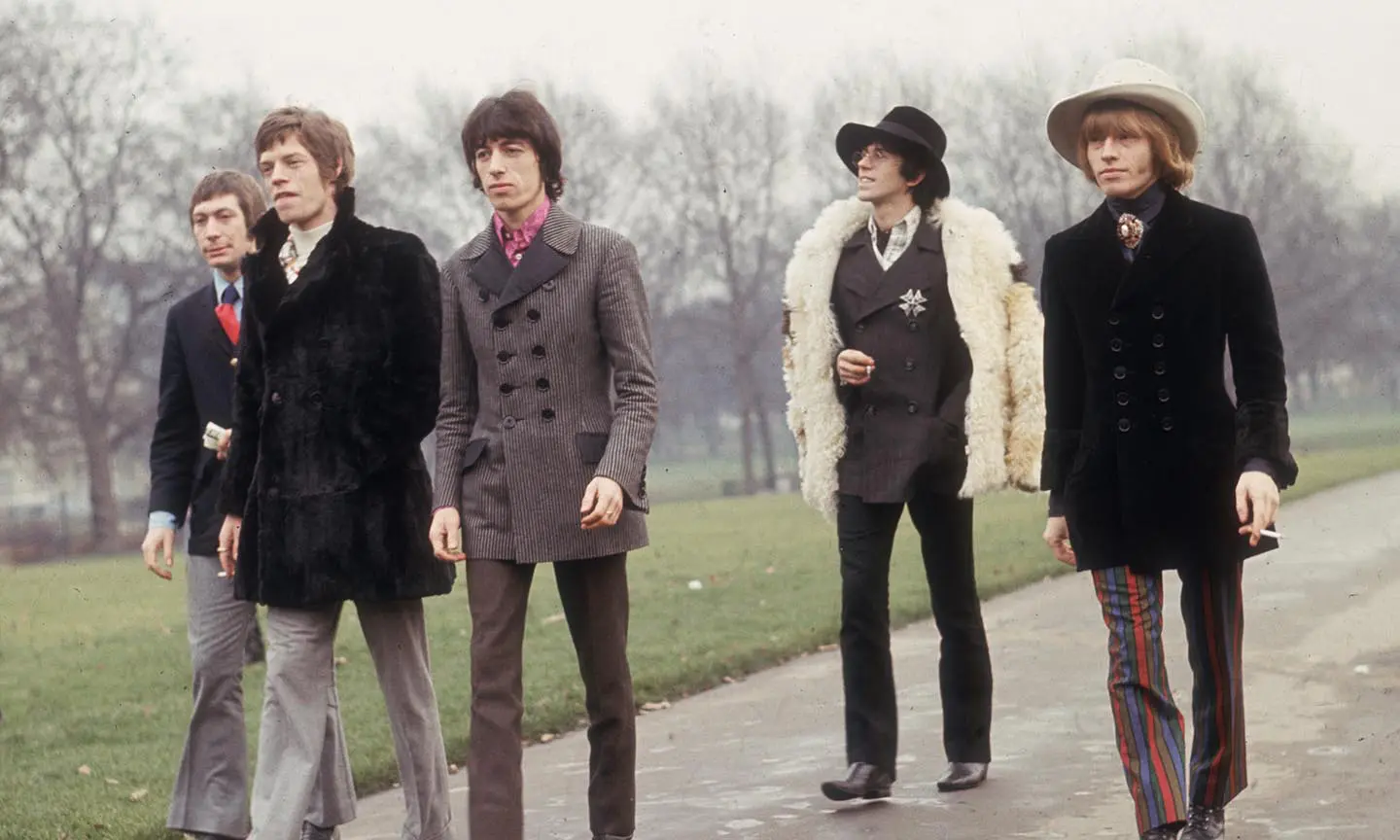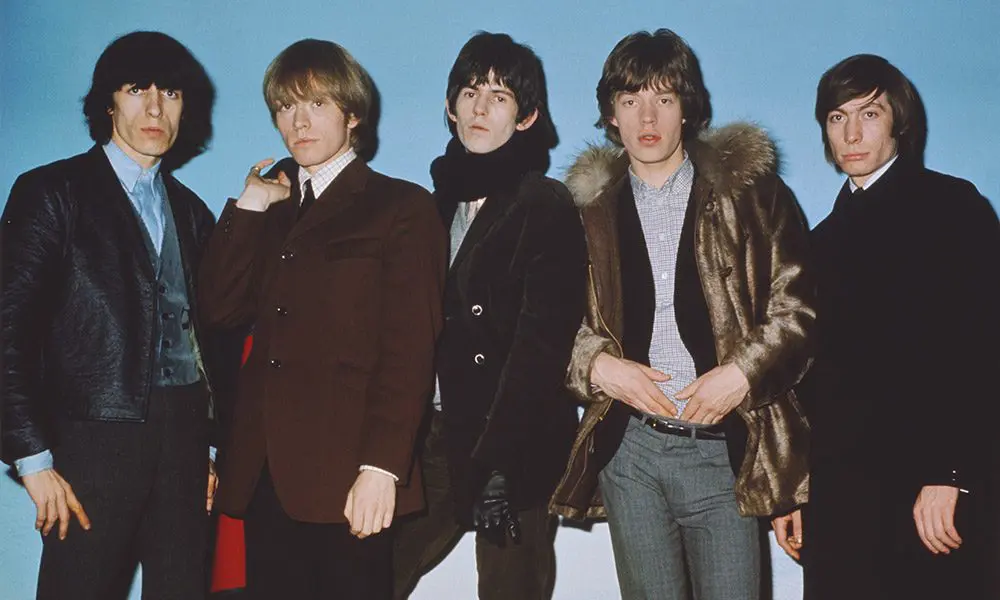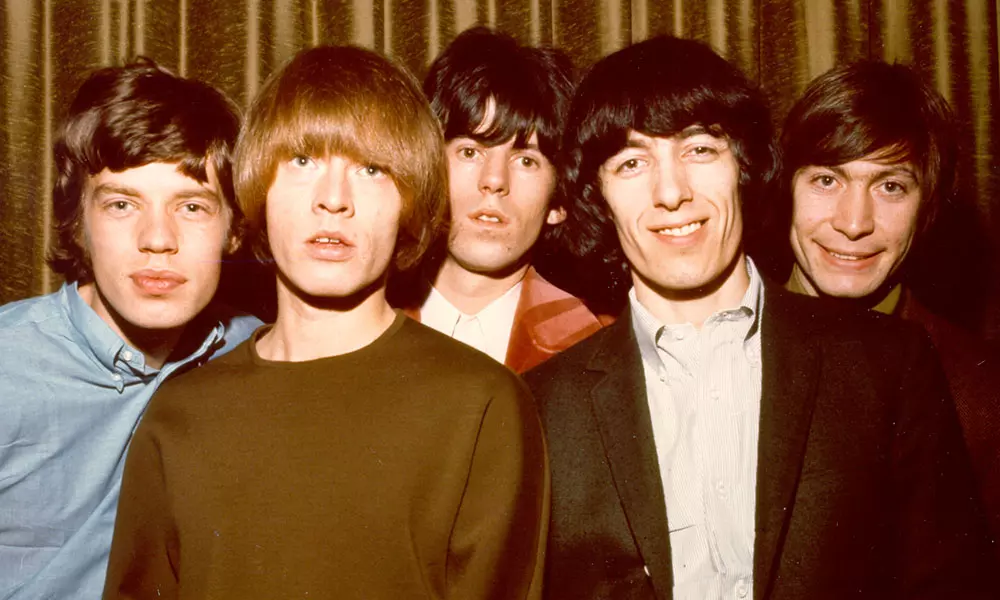Ruby Tuesday – The Rolling Stones

“Ruby Tuesday” by The Rolling Stones is a timeless ballad that captures the bittersweet essence of transience and change. Released in 1967 as a single and later included on the album Between the Buttons, this song showcases the band’s ability to blend introspective lyrics with melodic beauty. This essay delves into the musical composition, lyrical content, and cultural impact of “Ruby Tuesday.”

The musical composition of “Ruby Tuesday” is characterized by its gentle acoustic guitar intro and haunting flute melody. The song opens with a delicate arrangement that sets a contemplative and melancholic tone. Mick Jagger’s tender and introspective vocals convey a sense of longing and introspection, drawing listeners into the emotional landscape of the song. The use of flute and strings adds a sense of ethereal beauty, enhancing the song’s atmospheric quality.
As the song progresses, it builds momentum with the addition of drums and electric guitar, creating a dynamic contrast to the initial serenity. The instrumental breaks allow for moments of reflection and introspection, showcasing the band’s musical versatility and ability to evoke emotion through their playing. The overall arrangement, with its blend of acoustic and electric elements, creates a poignant and evocative listening experience.

Lyrically, “Ruby Tuesday” explores themes of impermanence and the passage of time. The narrator reflects on a fleeting romantic relationship with Ruby Tuesday, a free-spirited woman who defies conventional expectations. Lines such as “Goodbye Ruby Tuesday / Who could hang a name on you?” and “Still I’m gonna miss you” convey a mix of nostalgia, regret, and acceptance of change. The song’s introspective lyrics resonate with listeners who have experienced the pain of letting go and the inevitability of moving on.

The character of Ruby Tuesday symbolizes freedom and spontaneity, contrasting with the narrator’s sense of longing and uncertainty. The repetition of the chorus emphasizes the narrator’s emotional attachment to Ruby Tuesday, despite knowing that their time together is fleeting. This juxtaposition of emotions creates a poignant and relatable narrative that has resonated with listeners over the years.
Culturally, “Ruby Tuesday” contributed to The Rolling Stones’ reputation as pioneers of rock music and masters of emotional storytelling. The song’s introspective lyrics and melodic beauty set it apart from the band’s more upbeat and energetic hits, showcasing their versatility and artistic depth. Its enduring popularity and cultural impact have solidified “Ruby Tuesday” as a classic in The Rolling Stones’ extensive discography.

The song’s impact extended beyond its initial release, inspiring subsequent generations of musicians and artists to explore themes of love, loss, and the passage of time in their own work. Its poignant lyrics and haunting melody continue to resonate with listeners, offering a timeless reflection on the complexities of human emotions and the inevitability of change.
In conclusion, “Ruby Tuesday” by The Rolling Stones is a poignant and introspective ballad that explores themes of transience, longing, and emotional resonance. Its gentle musical composition, heartfelt lyrics, and cultural impact have solidified its place as a classic in rock music history. The song’s ability to evoke deep emotion and introspection ensures its enduring relevance and significance, making it a timeless favorite among fans and critics alike. “Ruby Tuesday” remains a testament to The Rolling Stones’ ability to capture the essence of human experience through their distinctive sound and lyrical storytelling.’











